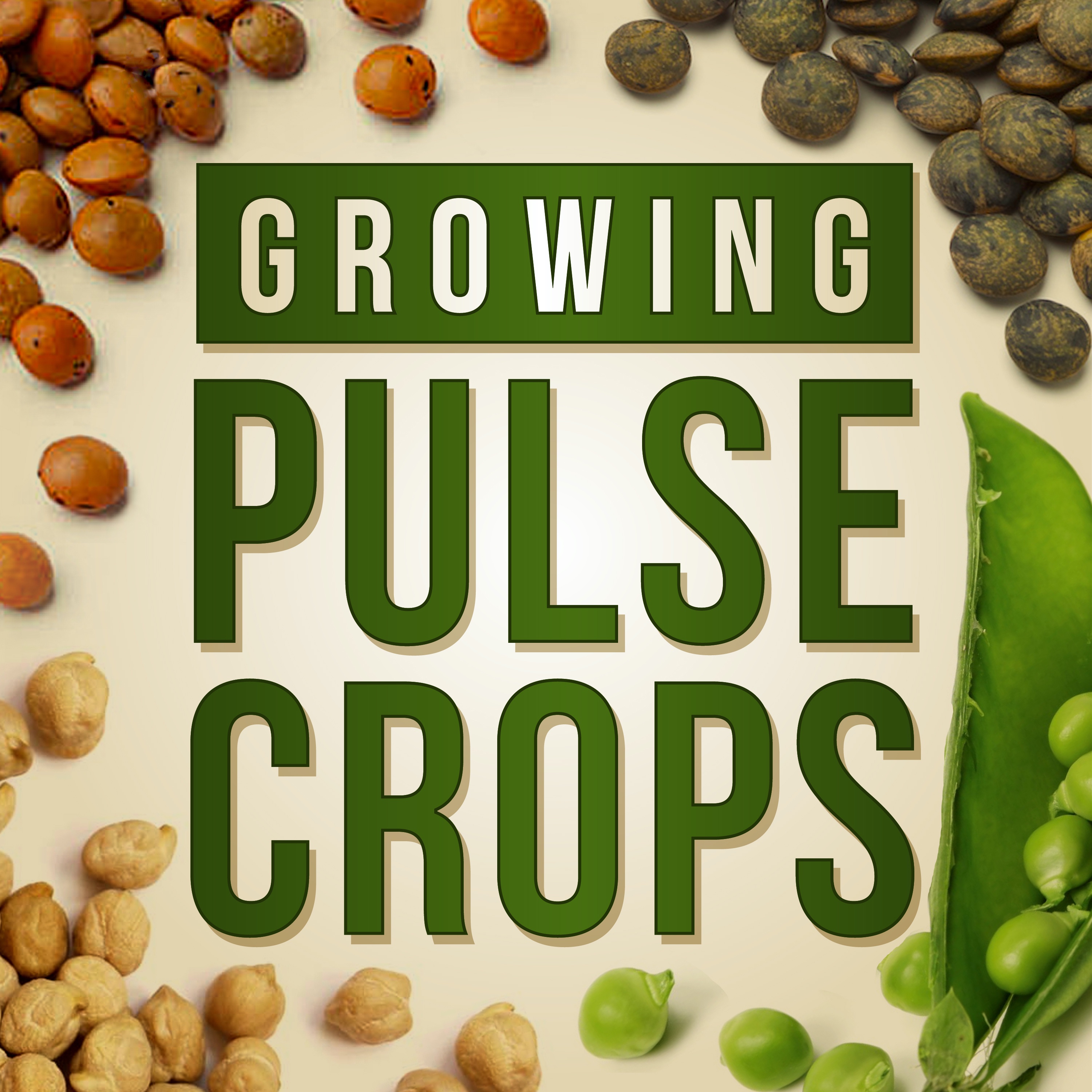Integrated Weed Management with Dr. Tim Seipel
Dr. Tim Seipel joins us to talk about integrated weed management. Tim is a Cropland Weed Extension Specialist at Montana State University. In this episode, he’ll talk about the threat of weed resistance, how to think about weed management strategies, and some of the tactics they are working on to combat some of the most threatening weeds to pulse crops.
“Integrated weed management is an approach to managing weeds where you combine multiple control tactics. Each one of those control tactics is not a silver bullet of success where all the weeds are gone, but when you end up putting together these tactics, you get better weed management outcomes..” - Tim Seipel, Ph.D.
Due to weed resistance there is rarely one method that will appropriately control weed growth. Mechanical, chemical and some biological management techniques are all different methods that when used in combination may be a more effective form of weed management that is far less likely to promote resistance. Dr. Seipel shares that the overall goal is to be “unpredictable” to the weed population to keep them from having a reliable weed management pressure that will result in selection of resistance.
“It worries me a little bit, that we put a lot of emphasis on these group 14 herbicides to really control that herbicide resistant glyphosate because further to our east and the midwest, they really do have resistance to group 14 herbicides…. Keep that in the back of your head and always think of different ways to control that marestail.” - Tim Seipel, Ph.D.
Dr. Seipel suggests an “on-farm experimentation process and figuring out what’s right for the producer and when you might have those time periods.” Focusing on diverse rotations, rotation goals for that specific operation and timing for most effective control will help producers understand where integrated weed management could provide the most benefit.
“Really what we should think about doing is pushing weed communities in directions where we want them to be so they have the minimum impact on our crops. So it's a strategy, tactic thing, more than a prescriptive plan that someone could give.” - Tim Seipel, Ph.D.
This Week on Growing Pulse Crops:
- Meet Dr. Tim Seipel, a Cropland Weed Extension Specialist at Montana State University
- Explore the many tactics involved in integrative weed management and the benefits they provide
- Discover the importance of being “unpredictable” to weed populations to slow the resistance processes and propagation
Growing Pulse Crops Podcast is hosted by Tim Hammerich of the Future of Agriculture Podcast.

